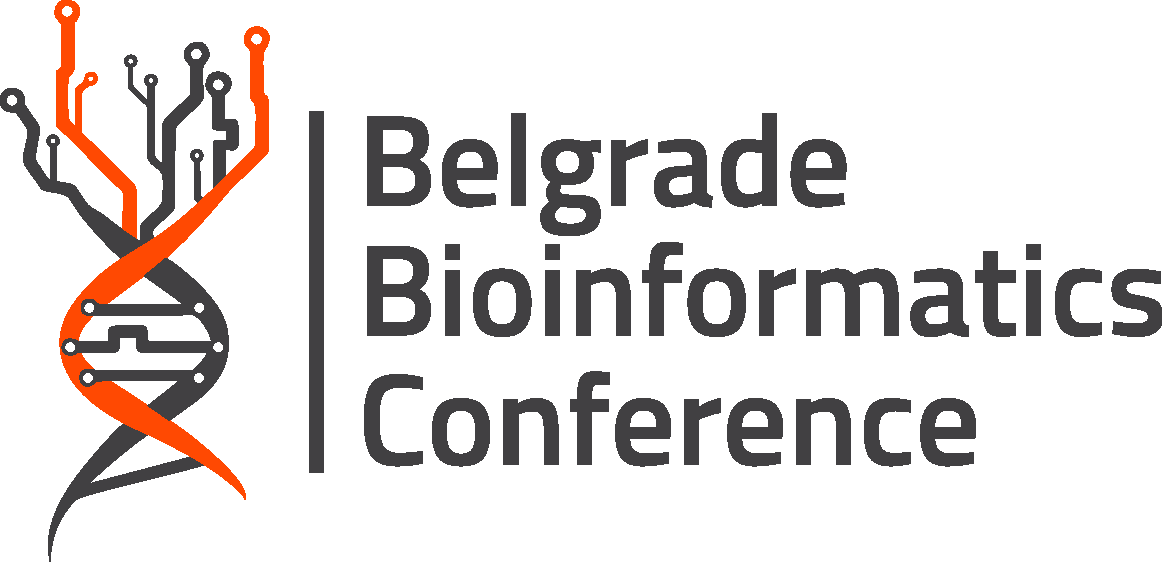Andrea Gelemanović*, Tinka Vidović, Miroslav Radman and Katarina Trajković
Mediterranean Institute for Life Sciences (MedILS), Split, Croatia
andrea.gelemanovic [at] medils.hr
Abstract
Although primary cancer can affect any part of the body, there is a striking variability in cancer prevalence across different organs. Moreover, metastases are non-randomly distributed among organs, with lung, liver, lymph nodes and bone acting as metastatic hotspots. The reasons for such inter-organ variability in the prevalence of primary cancers and metastases are insufficiently understood. We aim to understand the impact of cellular parabiosis in carcinogenesis with specific focus on its role in determining the preferential host tissue for metastasis. Our main hypothesis is that malignant phenotype can be suppressed and delayed via the paradigm of cellular parabiosis as healthy surrounding cells would complement metastatic cell and thus the „healthy homeostasis“ could be maintained. To address this question we follow several research lines with aim to: 1) identify intrinsic features within a healthy organ in the absence of cancer that would predetermine such organ to become a primary cancer or metastatic host; 2) test the role of the cellular environment in the metastatic nesting, specifically, we aim to predict the preferential site of metastasis based on gene expression patterns; and 3) perform the most comprehensive and up-to-date systematic review and meta-analysis on the prevalence of metastatic sites from different primary cancers. We show that susceptibility of organs to a primary cancer or a metastasis is linked with their distinctive intrinsic features in the healthy state. In particular, while susceptibility of an organ to primary cancer is associated with the abundance of endothelial cells and atypical gene expression, susceptibility to metastases correlates with high content of immune cells and high expression of immune genes. These data shed light on some fundamental aspects of cancer biology and pave new avenues for mitigation of cancer.
Keywords: susceptibility to cancer, metastatic organotropism, cell composition, gene expression, immune cells

